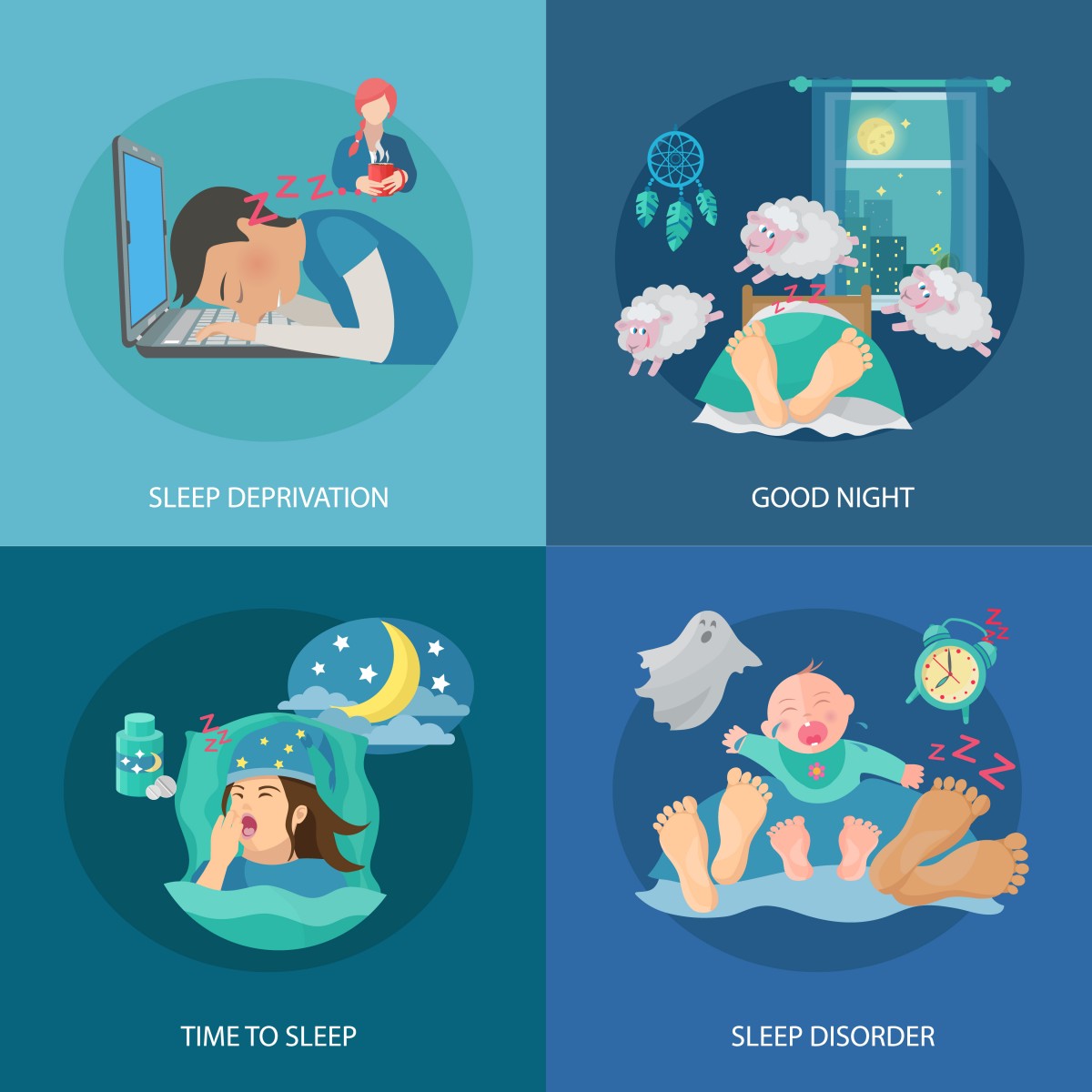Sleep Deprivation Found To Be A Main Cause of MS-related Fatigue

In a new review entitled “Fatigue in multiple sclerosis: a look at the role of poor sleep” author Lauren Strober, PhD explores the link between secondary fatigue and sleep disturbance in multiple sclerosis patients. The study was published in the journal Frontiers in Neurology.
Multiple Sclerosis (MS) is an autoimmune disease affecting the central nervous system. The disease is characterized by destruction of the myelin layer within nerve cells and currently has no cure. MS affects more than 2.3 million people in the world, with patients experiencing a wide range of neurological symptoms affecting visual, motor and sensory capabilities. Fatigue is one of the most disabling symptoms associated with MS, with 50 to 90% of all MS patients estimated to suffer from it.
In this new research, Lauren Strober, PhD, a researcher at Kessler Foundation explored the link between fatigue and specifically sleep deprivation in MS patients. Referred as secondary fatigue (i.e., the fatigue due to MS associated symptoms, such as depression and sleep disturbances) the author reviewed current and past literature and confirmed that sleep disturbances significantly contribute to MS-related fatigue. Dr. Strobers also performed a study with 107 MS patients where the subjects completed a survey assessing several disease parameters, including psychological functioning, well-being, health–behaviors, adjustment and coping to MS and overall quality of life. The author highlighted that 61% of MS patients reported sleep problems. Within this patient subset, 25% reported sleep disturbances as the root cause for their fatigue, while only 7% of MS patients tracing it to depression.
Related: Read other recent articles related to Multiple Sclerosis and Fatigue
As a result, Strober highlights that additional studies are needed to identify the contributing factors of fatigue and sleep in MS in order to develop effective therapies.
Dr. Strober, a senior research scientist in Neuropsychology & Neuroscience Research at Kessler Foundation, and assistant professor of physical medicine and rehabilitation at Rutgers New Jersey Medical School commented, “Fatigue is detrimental to daily functioning and well being. It clearly interferes with a person’s ability to participate fully in the community and the workplace. If we can determine what contributes to fatigue in MS, we can improve quality of life and keep people engaged in work and social activities. Routine screening for sleep problems and treatment of sleep disturbances may reduce fatigue and its debilitating effects.”






